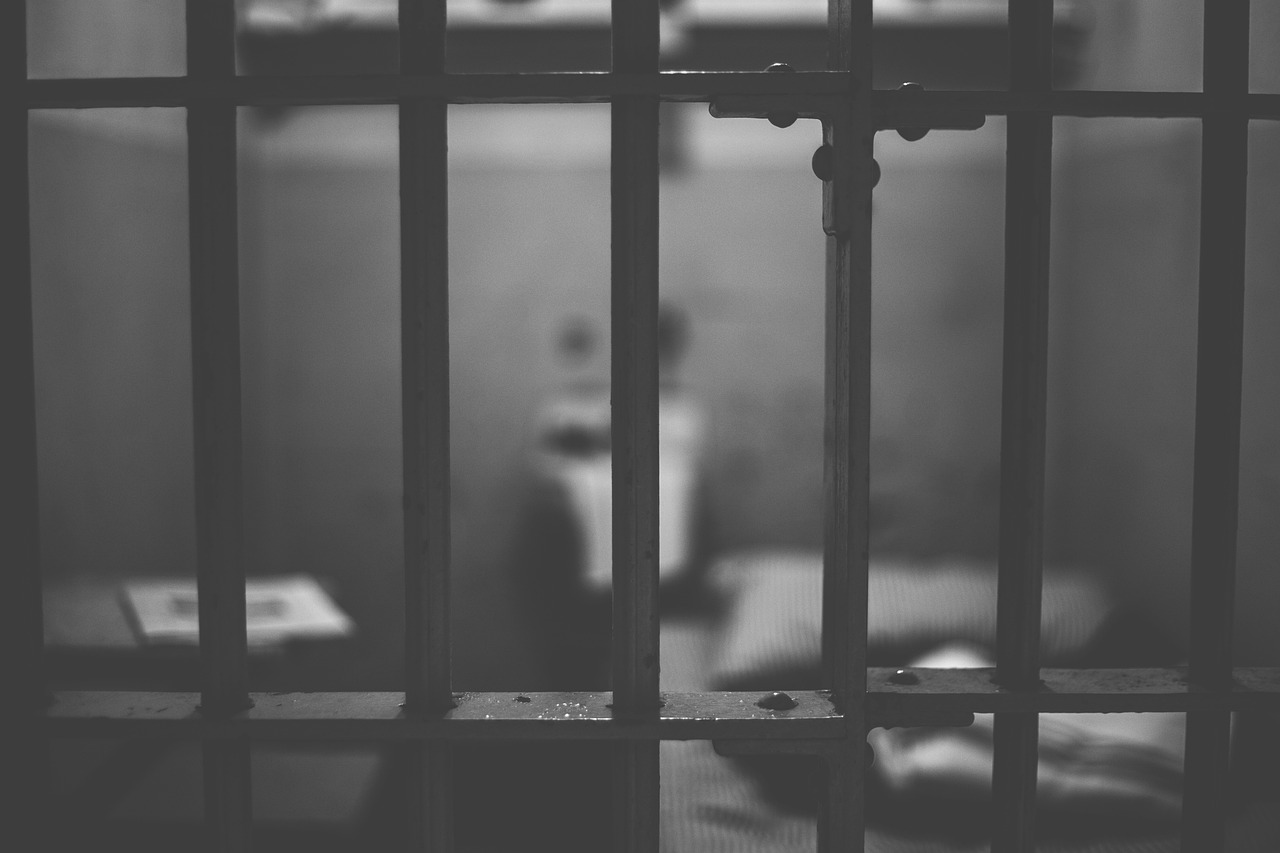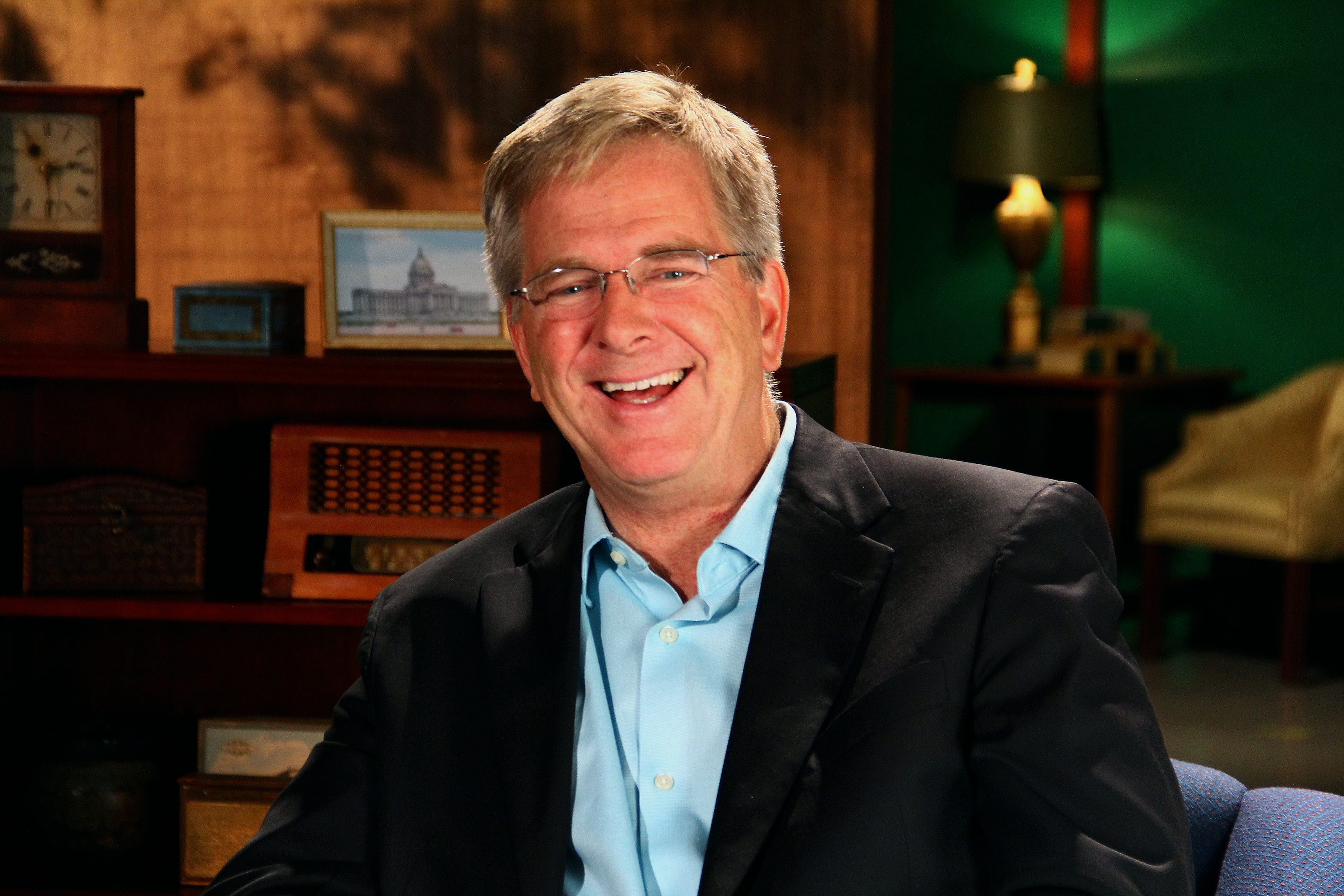Nick Yarris: The Innocent Man Who Redefined Justice and Hope
In the vast landscape of human resilience, few stories shine as brightly as that of Nick Yarris - a man who transformed a nightmare of wrongful imprisonment into a beacon of hope and inspiration for millions.
Nicholas Yarris was born in Philadelphia in 1961, growing up in a challenging environment that would later shape his incredible resilience. His childhood was marked by complexity and struggle, with early experiences that hinted at the extraordinary challenges he would later overcome. The streets of Philadelphia in the 1960s and 1970s were tough and Nick learned early on about survival and perseverance.
As a young man, Yarris faced numerous personal challenges. His troubled youth included encounters with drugs and minor legal issues, but nothing could have prepared him for the life-altering experience that was to come. The seeds of his later strength were being planted during these formative years, though he could not have known how crucial his resilience would become.
In 1981, Yarris' life took a devastating turn. He was arrested and charged with a murder he did not commit - the brutal killing of Linda Mae Craig, a crime that would consume the next two decades of his life. The legal system, seemingly determined to find a culprit, built a case on circumstantial evidence and unreliable witness testimony.

The trial was a testament to the flaws in the criminal justice system. Despite a complete lack of physical evidence linking him to the crime, Yarris was convicted and sentenced to death. The courtroom became a turning point, a moment where his life would be irrevocably changed. The sentence was more than a legal judgment; it was a complete erasure of his future, his hopes and his freedom.
The death row experience is something most cannot comprehend. For Yarris, it became a crucible of personal transformation. Confined to a cell measuring approximately 6 by 9 feet, he faced extreme isolation, constant uncertainty and the perpetual shadow of potential execution. The psychological toll was immense, yet Nick refused to be broken.
During his time in prison, Yarris made a conscious decision to transform his circumstances. He became an avid reader, consuming every book he could obtain. The prison library became his university and knowledge became his weapon of survival. He studied law, learning the intricacies of the legal system that had condemned him. This education would become crucial in his fight for freedom.
Yarris' journey to prove his innocence was relentless. He became a jailhouse lawyer, meticulously studying legal procedures and challenging the system at every turn. His intelligence and determination stood out, even to those who initially saw him as just another prisoner. He wrote countless letters, filed multiple appeals and never lost faith in the possibility of justice.
The breakthrough came through DNA testing. At a time when DNA evidence was still a relatively new concept in criminal investigations, Yarris persistently fought to have evidence tested. His understanding of scientific potential and legal procedures became his most powerful tool in challenging his conviction.
In 2003, after 22 years, 22 days and 22 hours of imprisonment, Nick Yarris was fully exonerated. DNA evidence conclusively proved his innocence, revealing the profound injustice he had endured. The moment of release was more than personal freedom; it was a powerful indictment of a flawed judicial system.
The transition from death row to freedom was not easy. Yarris faced numerous challenges in rebuilding his life. The world had changed dramatically during his years of imprisonment. Technology, social dynamics and personal relationships were completely different from what he remembered.
Yet, Nick Yarris chose to transform his pain into purpose. He became an international public speaker, sharing his story to raise awareness about wrongful convictions and judicial reform. His talks are not simply about his personal experience, but about the broader issues of justice, resilience and human potential.
Yarris' story gained international recognition. He wrote a book, "Seven Days to Live", detailing his extraordinary journey. His advocacy work has been instrumental in highlighting the critical issues surrounding wrongful convictions and the death penalty.
His message extends beyond his personal story. Yarris speaks about the importance of hope, the power of education and the human capacity to overcome seemingly insurmountable challenges. He has become a symbol of resilience, inspiring millions around the world.
Perhaps most remarkable is Yarris' ability to forgive. Despite experiencing one of the most traumatic experiences imaginable, he chose compassion over bitterness. His psychological journey of healing became as powerful as his physical journey to freedom.
Nick Yarris' story reminds us that our circumstances do not define us, but our response to those circumstances does. His journey from darkness to light serves as a powerful beacon of hope, demonstrating the extraordinary capacity of the human spirit to transform pain into purpose. In his own words, "The most important thing is not what happens to you, but what you choose to do with what happens to you". Nick Yarris didn't just survive - he flourished, turning a potential tragedy into a powerful message of hope for millions around the world.











